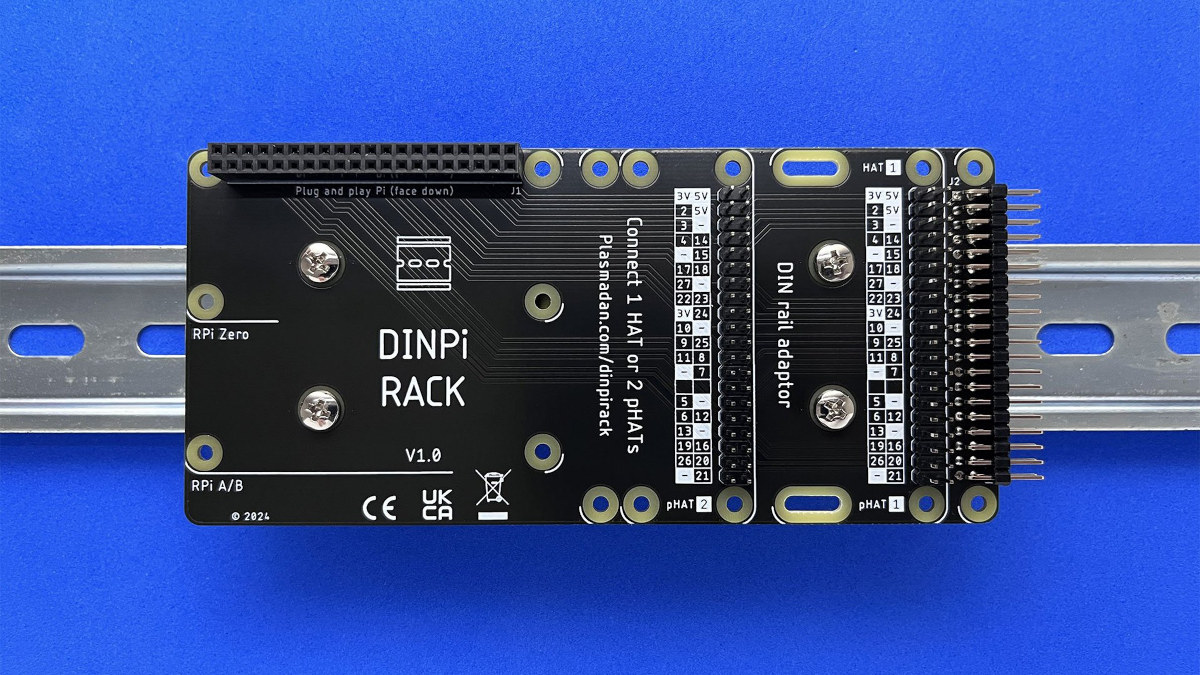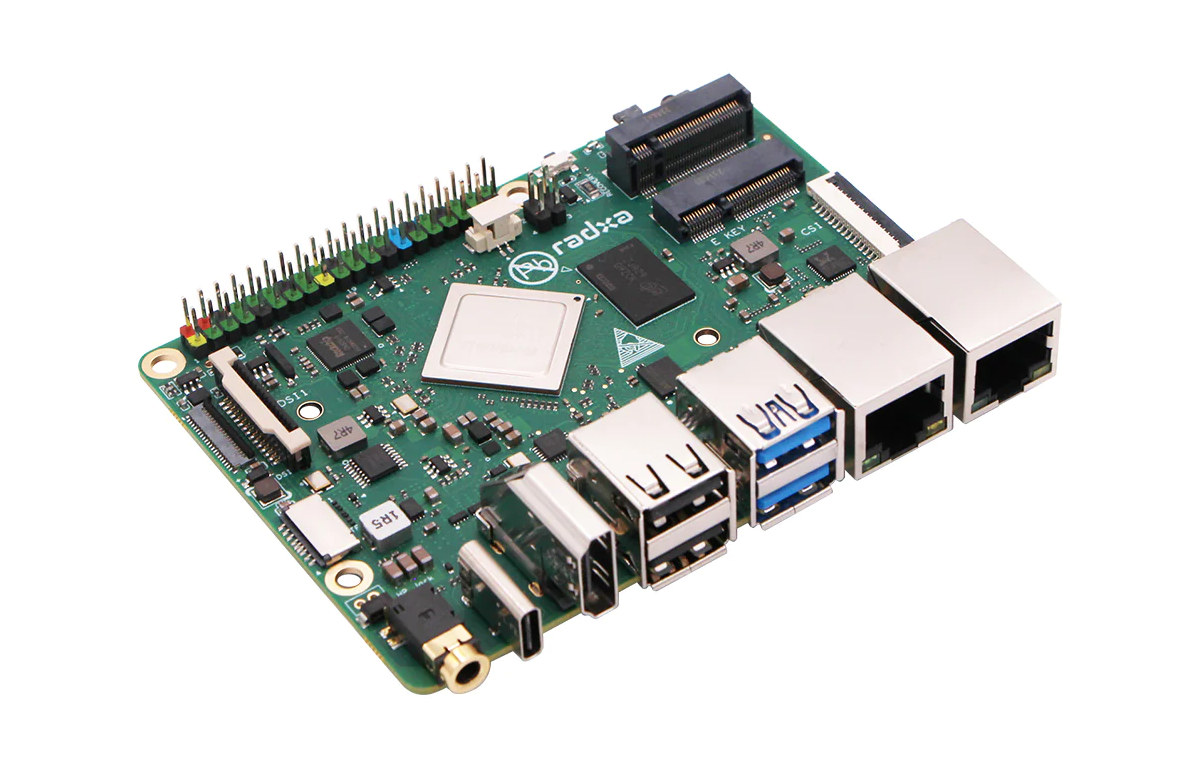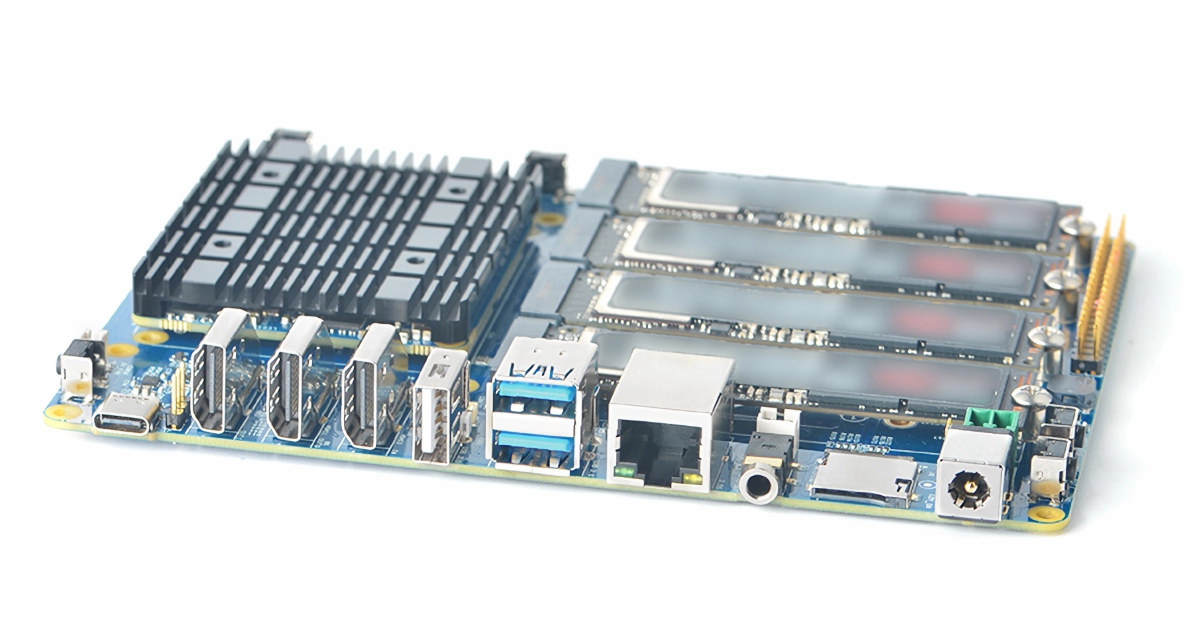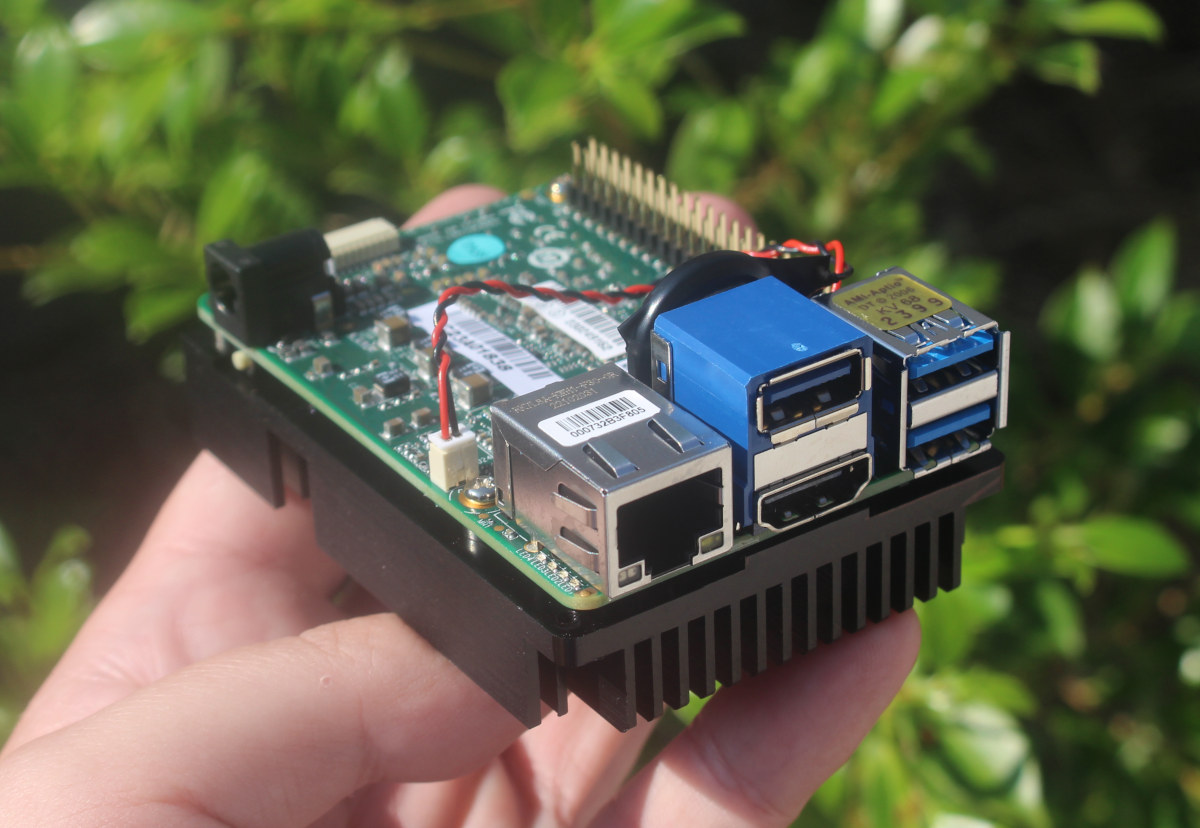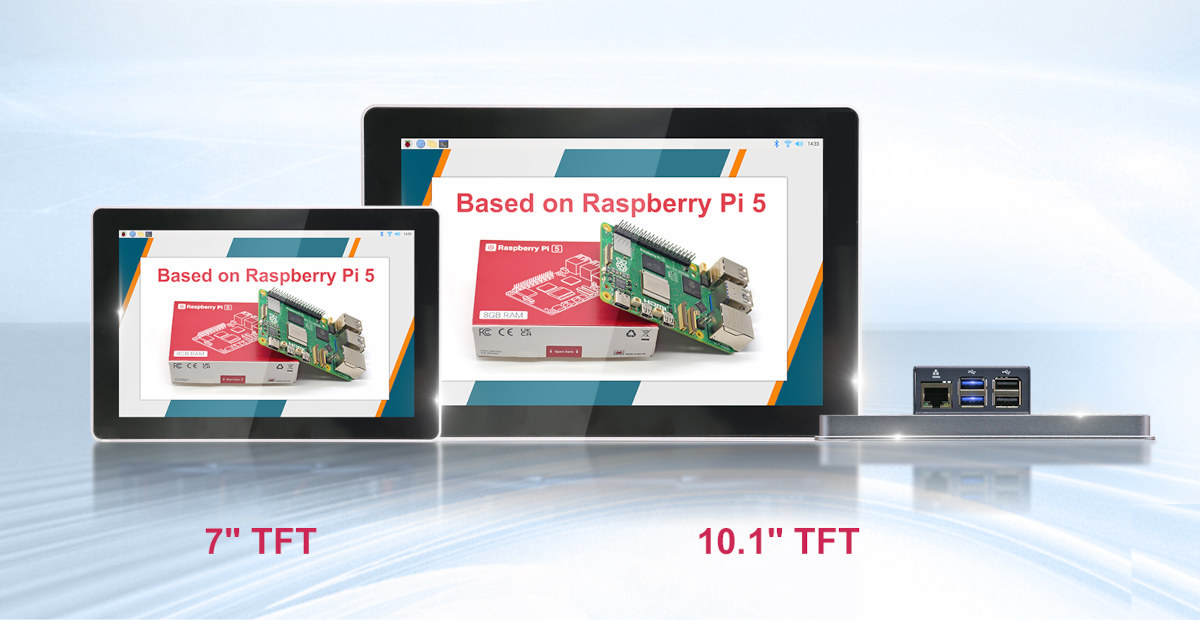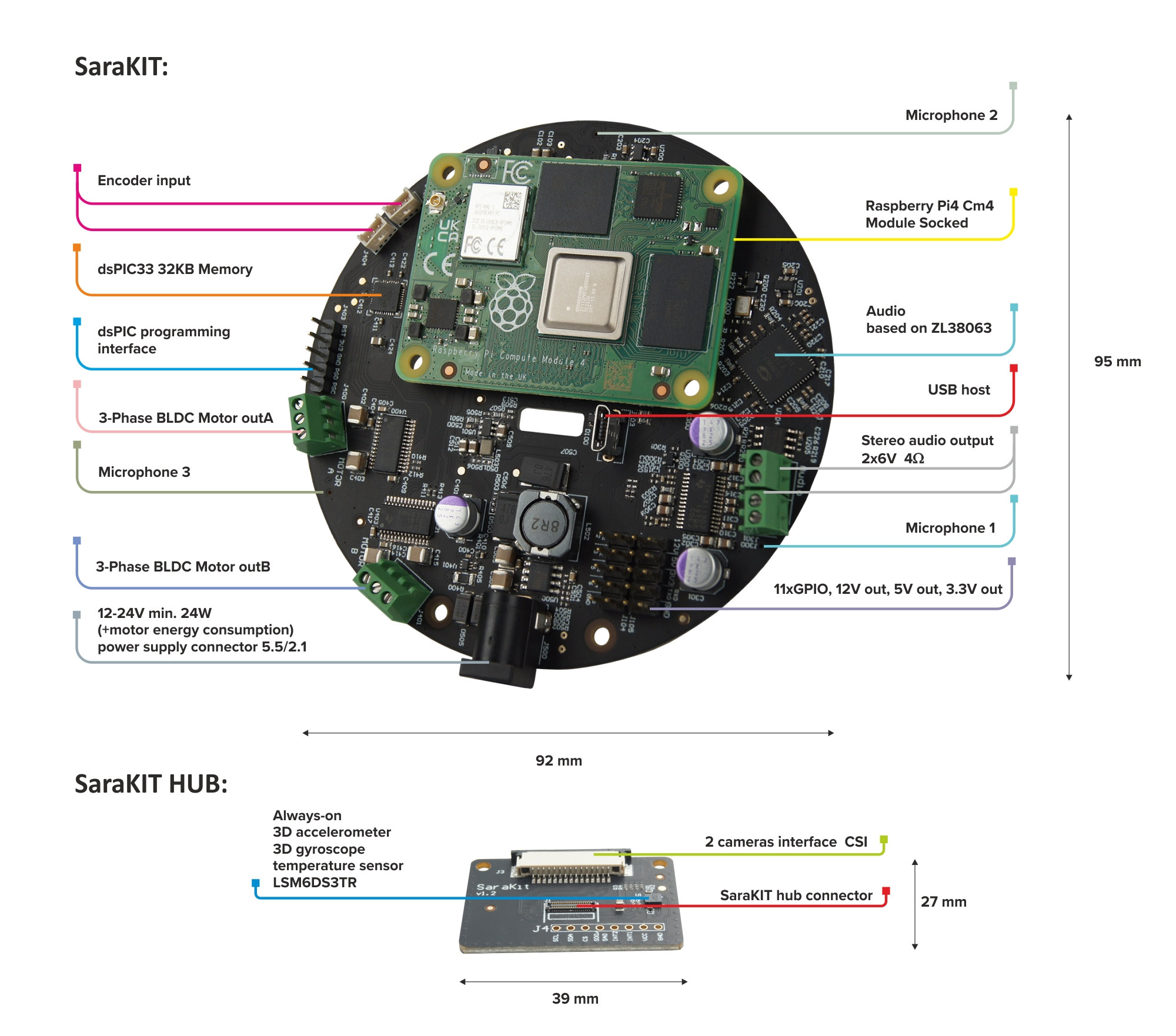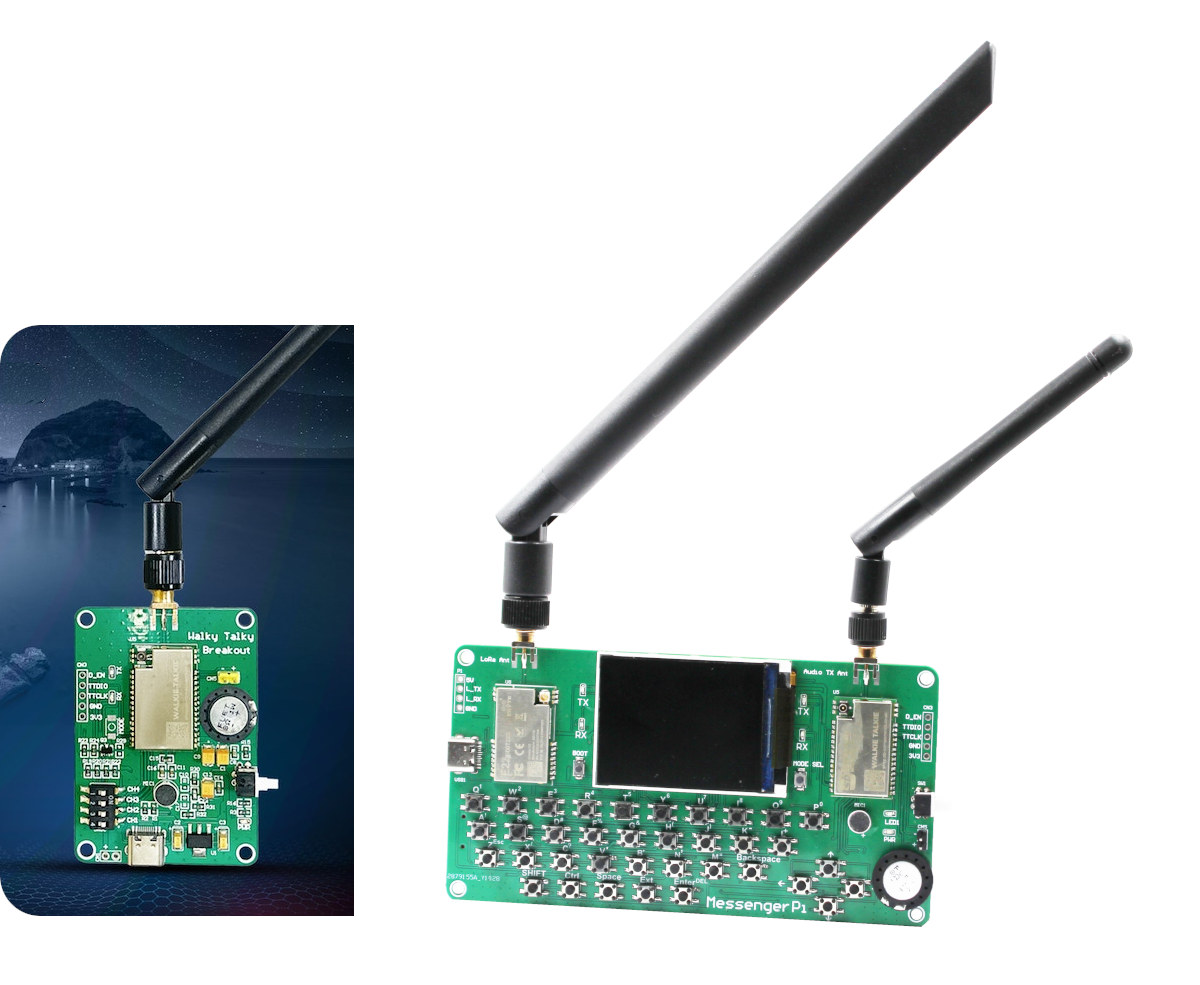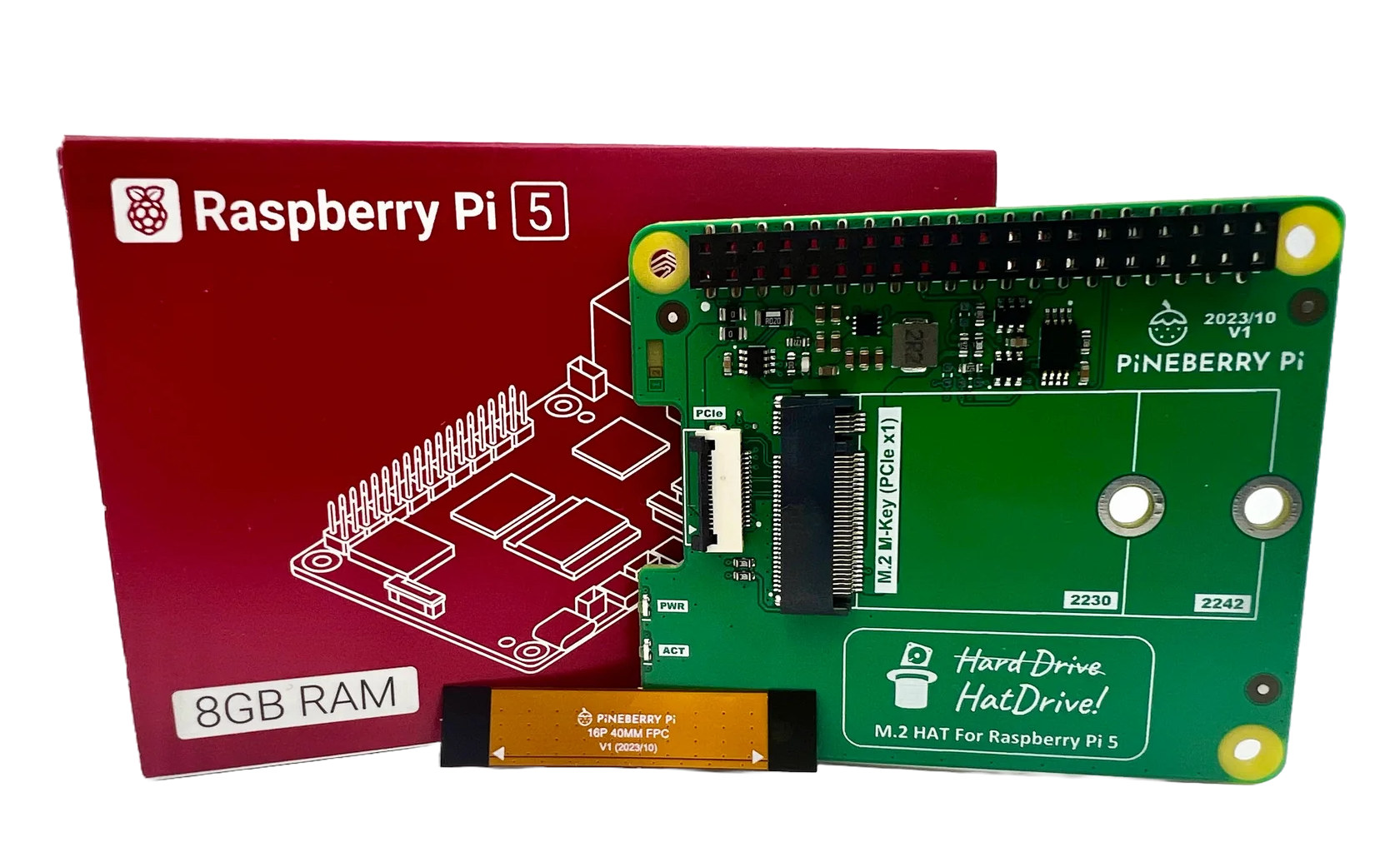DIN rail mounts or mountable enclosures for the Raspberry Pi have been available for years with products such as the RailPi 2.0 enclosure or TerraPi’s DIN rail mount, but PlasmaDan’s DINPi RACK adds another option that happens to be compatible with any Raspberry Pi board, be it model A, model B or Zero. Since there’s no software involved, it will also with other SBCs with a 40-pin Raspberry Pi GPIO header and the same mounting holes as the Raspberry Pi SBCs, and DINPi RACK also supports one Raspberry Pi HAT or up to two Raspberry Pi pHATs, also known as uHATs (Micro HAT), plus there’s an extra 40-pin right angle for further example. The board received CE & UKCA certifications, is RoHS compliant (lead-free), and is manufactured by a UL 796 certified manufacturer. This is what the DINPi RACK looks like with a Raspberry Pi Zero W and a Raspberry […]
Radxa ROCK 3B Rockchip RK3568 SBC combines Pico-ITX and Raspberry Pi form factors
Radxa ROCK 3 Model B, or ROCK 3B for shorts, is a “PI-CO ITX” SBC powered by a Rockchip RK3568 SoC that combines the benefits of Pico-ITX and Raspberry Pi form factors in the sense that the 100x72mm board features all main ports on the rear side and supports expansion through a 40-pin Raspberry Pi-compatible GPIO header and several M.2 sockets for storage and wireless modules. The ROCK 3B is the younger, but bigger brother of the ROCK 3A business card-sized SBC introduced in 2021, still with an RK3568 CPU and up to 8GB LPDDR4, but the board features two gigabit Ethernet ports, an M.2 B Key socket for 4G LTE/5G cellular modules, an M.2 PCIe 3.0 x1 socket for an M.2 2280 SSD not necessitating an expansion board, besides the M.2 Key-E socket for WiFi 6. ROCK 3B specifications: SoC – Rockchip RK3568(J) CPU – Quad-core Cortex A55 processor […]
FriendlyELEC CM3588 NAS Kit comes with four M.2 Key-M 2280 PCIe Gen 3 x1 sockets
FriendlyELEC CM3588 NAS Kit is a new Rockchip RK3588 board with four M.2 Key-M sockets each with a PCIe Gen 3 x1 interface and designed to take 2280 NVMe SSDs or other M.2 PCIe modules. Equipped with the CM3588 Core system-on-module, the feature-rich CM3588 NAS SDK board also comes with a 2.5GbE RJ45 connector, two HDMI 2.1 video outputs, one HDMI 2.0 video input, MIPI DSI and CSI connectors, several USB 3.0/3.1 ports, and a 40-pin GPIO header for expansion. FriendlyELEC CM3588 NAS Kit specifications: System-on-Module – CM3588 Core board SoC – Rockchip RK3588 CPU – 4x Cortex‑A76 cores @ up to 2.4 GHz, 4x Cortex‑A55 core @ 1.8 GHz GPU – Arm Mali-G610 MP4 “Odin” GPU Video decoder – 8Kp60 H.265, VP9, AVS2, 8Kp30 H.264 AVC/MVC, 4Kp60 AV1, 1080p60 MPEG-2/-1, VC-1, VP8 Video encoder – 8Kp30 H.265/H.264 video encoder AI accelerator – 6 TOPS NPU System Memory – 4GB, […]
UP 7000 Intel Processor N100 fanless SBC review – Part 1: Unboxing and first boot
AAEON has sent us an UP 7000 single board computer equipped with an Intel Processor N100 Alder Lake-N CPU, 8GB RAM, and 64GB eMMC flash for review. The business card-sized SBC is an update to the UP 4000 SBC that we reviewed last year with an Intel Atom x7-E3950 Apollo Lake processor, 4GB RAM, 64GB eMMC flash, and should also provide an x86 alternative to the Raspberry Pi 5 for industrial application. We’ve already written about the UP 7000 specifications with N100, N97, or N50 processor in an earlier article, so in the first part of the review, we’ll check out the hardware, compare its design to other small form factor, yet relatively powerful, single board computers, and install Ubuntu 22.04, before testing the Linux OS on the board in more details in the second part of the review. UP 7000 Unboxing We received a package with two boxes, one […]
7-inch and 10.1-inch industrial panel PCs feature Raspberry Pi 5 SBC
After introducing several Raspberry Pi CM4-based panel PCs over the years, EDATEC has launched its first industrial panel PCs based on the Raspberry Pi 5 SBC with the HMI3010-070C and HMI3010-101C equipped respectively with a 7-inch and 10.1-inch touchscreen display. Both HMI displays expose most I/Os and features from the Raspberry Pi 5 including the two micro HDMI ports, the USB-C port for power, the four USB Type-A connectors, and the gigabit Ethernet RJ45 jack. The company also offers an 8MP front-facing camera and/or PoE as options. EDATEC HMI3010 specifications: SoC – Broadcom BCM2712 CPU – Quad-core Arm Cortex-A76 processor @ 2.4 GHz with crypto extensions, 512KB per-core L2 caches, 2MB shared L3 cache GPU – VideoCore VII GPU @ 800 MHz with support for OpenGL ES 3.1, Vulkan 1.2, 4Kp60 HEVC decoder System Memory – 4GB or 8GB LPDDR4X-4267 SDRAM Storage – Optional 32GB or 64GB MicroSD card Display […]
SaraKIT – An Raspberry Pi CM4 board with ChatGPT-based voice control, motor control, and plenty of sensors (Crowdfunding)
SaraKIT is a carrier board for the Raspberry Pi CM4 system-on-module with BLDC motor controllers and a range of sensors for robotics, support for ChatGPT-based voice control through three microphones and a ZL38063 audio chip, and two MIPI CSI connectors for cameras. The versatile board can be used for voice-controlled products, robots, home automation systems, and interfacing with smart home or office devices. The company also developed various demos such as a Smartphone-controlled LEGO RC car, a self-balancing LEGO robot, a pan-and-tilt camera, various AI demos using MediaPipe such as face tracking and object detection, as well as audio demos using ChatGPT, Alexa, and/or Google Home. SaraKIT specifications: Support system-on-modules – Raspberry Pi Compute Module 4 (CM4) with future CM5 compatibility. MCU – Microchip dsPIC33 16-bit microcontroller with 32 KB SRAM for motor control and LSM6DS3TR sensor Audio Microchip ZL38063 (previously MicroSemi) audio processor for microphone arrays. 3x Knowles SPH0655 […]
MessengerPi – A LoRa messenger and walkie-talkie based on Raspberry Pi RP2040 (Crowdfunding)
SB Components MessengerPi is a DIY messenger and walkie-talkie based on a Raspberry Pi RP2040 that relies on LoRa communication for P2P messaging over distances of up to 5 kilometers and calls up to 300 meters away. The company actually provides two boards: the MessengerPi itself for both calls and messaging with a keyboard, and the smaller “Walky Talky” board for audio communication only and without a LoRa module. Messenger Pi specifications: MCU – Raspberry Pi RP2040 dual-core Cortex-M0+ microcontroller @ 133 MHz with 264KB SRAM Storage – MicroSD card slot Wireless Ebyte E22-900T22S LoRa module (also used in the company’s LoRa HAT for Raspberry Pi) Based on the Semtech SX1262 transceiver Operates in the 850 MHz to 930 MHz band Up to 5km LoRa text messaging SB Components marked Walkie-Talkie module 16 FRS channels Tx Power – Up to 17 dBm Rx sensitivity – Up to -98dBm Audio communication […]
Raspberry Pi 5 gets an M.2 PCIe HAT – Meet PineBerry Pi HatDrive
The Raspberry Pi 5 SBC comes with a PCIe 2.1 x1 interface that has not been overly useful so far since it’s exposed through a non-standard FPC connector. Raspberry Pi Ltd is working on its own HATs to make use of the PCIe connector, but PineBerry Pi may have beaten them to it with the launch of the HatDrive M.2 HAT for Raspberry Pi 5. The HatDrive comes with an M.2 Key-M socket with a PCIe x1 interface and support for 2230 and 2242 modules, so you can install an SSD, an AI accelerator, or another compatible M.2 module. The HAT is connected through a 40mm long 16-pin FPC cable (that supports up to PCIe Gen3) as well as the 40-pin Raspberry Pi GPIO header for the I2C EEPROM required by compliant HATs, plus power supply monitoring and diagnostics, and to let users add another HAT on top if needed. […]


